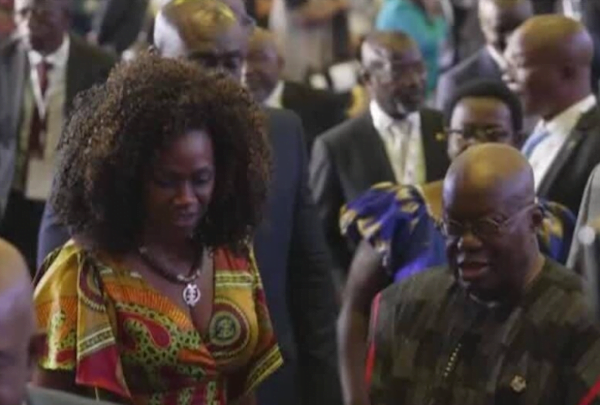Calls for reparations have garnered widespread support at a recent summit held in Ghana dubbed ‘The Summit’.
Advocates for reparations contend that the enduring effects of slavery persist in global racial and economic disparities. They highlight the enduring wealth chasm between Black and white communities, along with the ongoing developmental and healthcare hurdles confronting African nations.
However, the proposal for a worldwide reparations fund faces opposition. Critics argue that determining eligibility and appropriate compensation levels is impractical or unfeasible. Additionally, some believe that dwelling on historical grievances may impede progress in addressing present-day issues.
The gathering in Ghana attracted notable figures from both Ghana and abroad, including activists, academics, and government dignitaries from various nations. They collectively advocated for the establishment of a global reparations fund to redress the economic, social, and psychological tolls inflicted by slavery.
Despite the obstacles, the summit in Ghana has injected fresh energy into the reparations movement. The global community is increasingly acknowledging the imperative to confront the historical injustices of slavery and their enduring impacts. While the creation of a global reparations fund remains distant, the summit marks a significant stride in the right direction.


